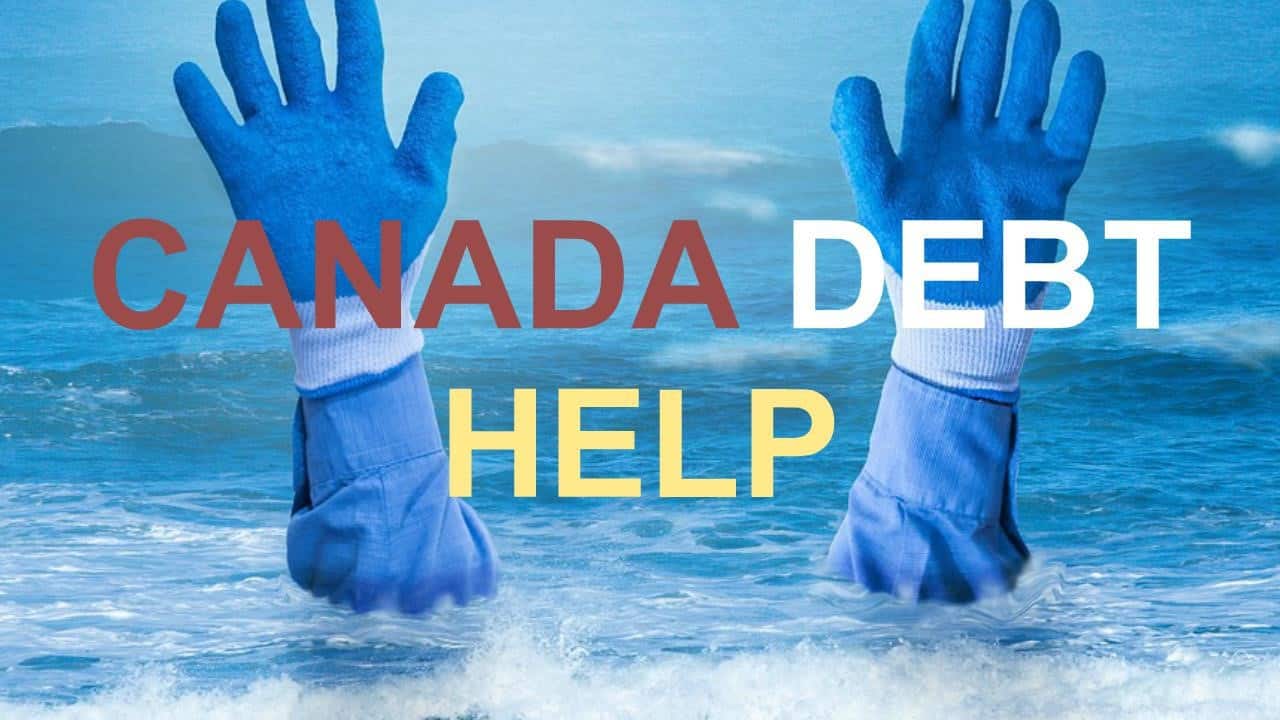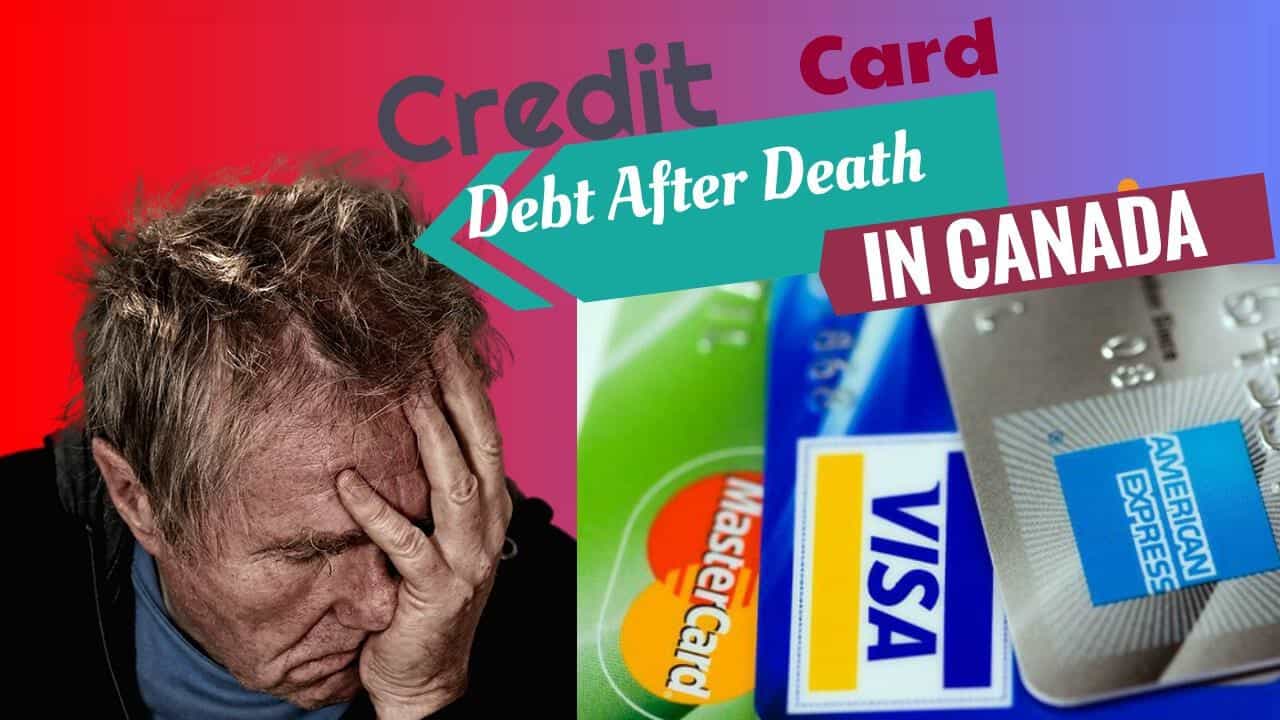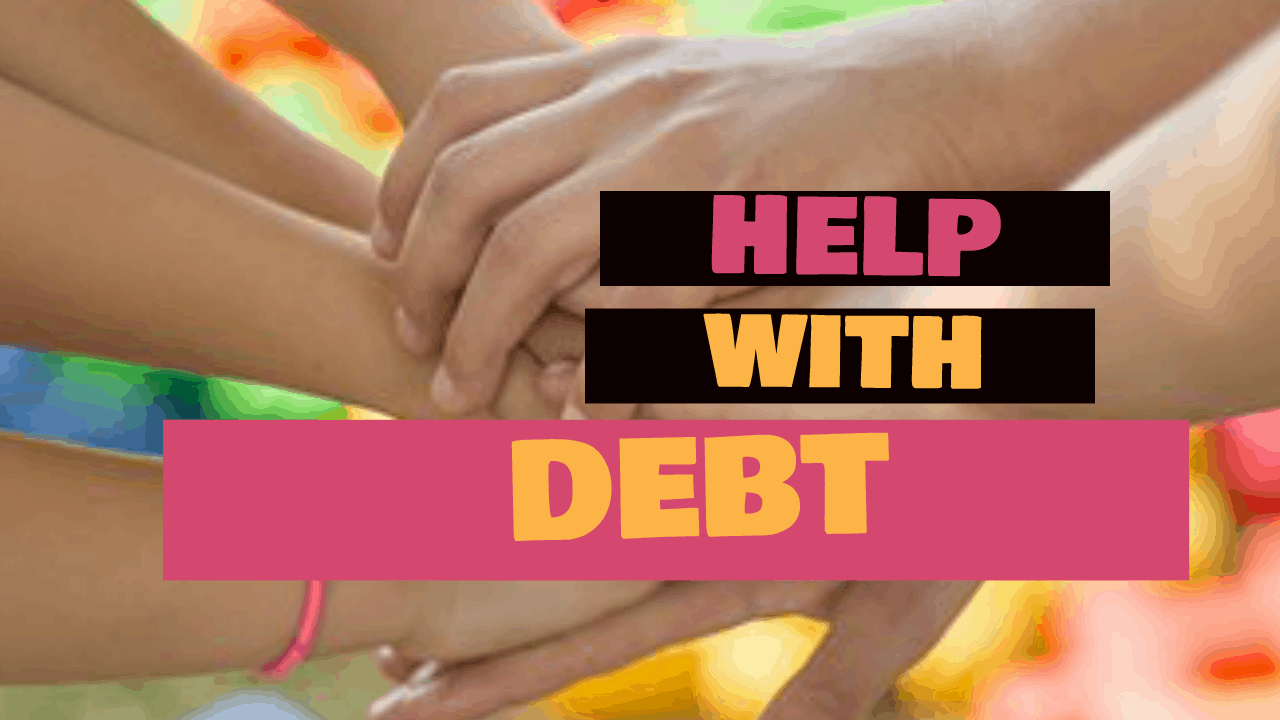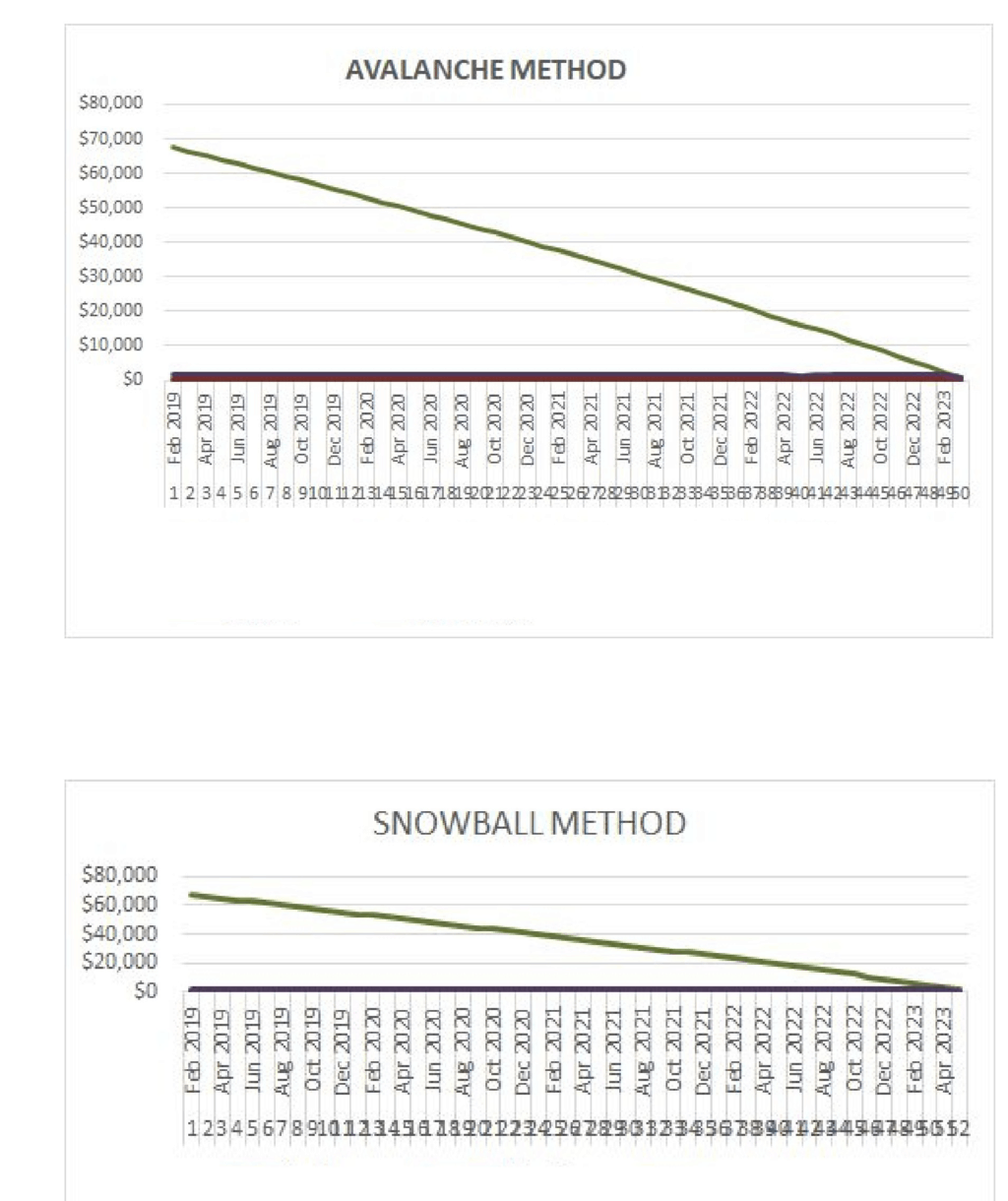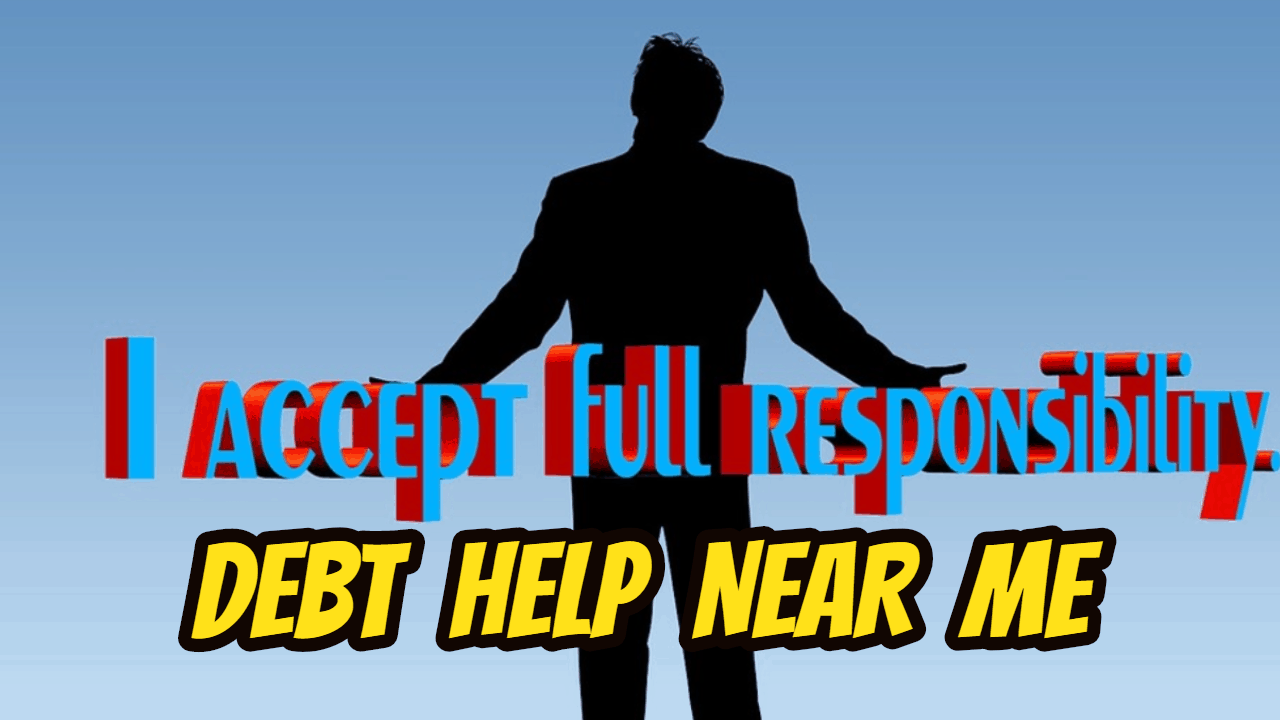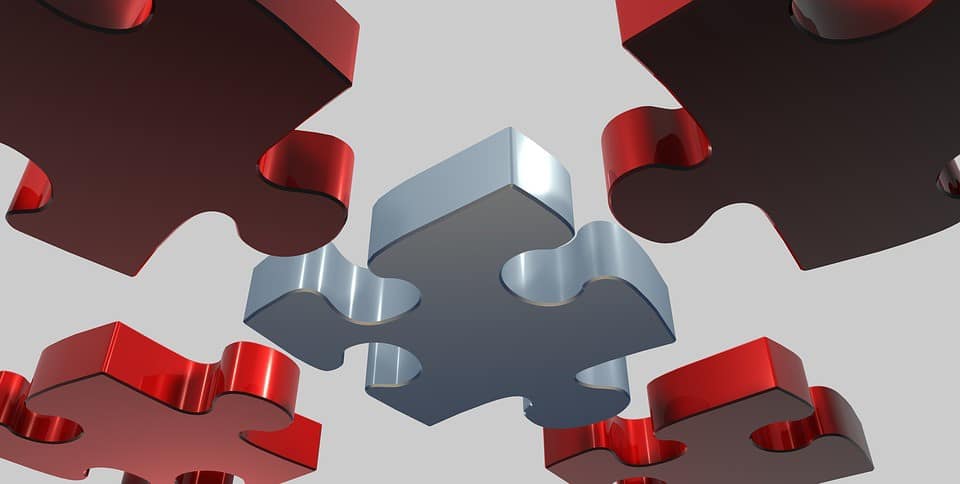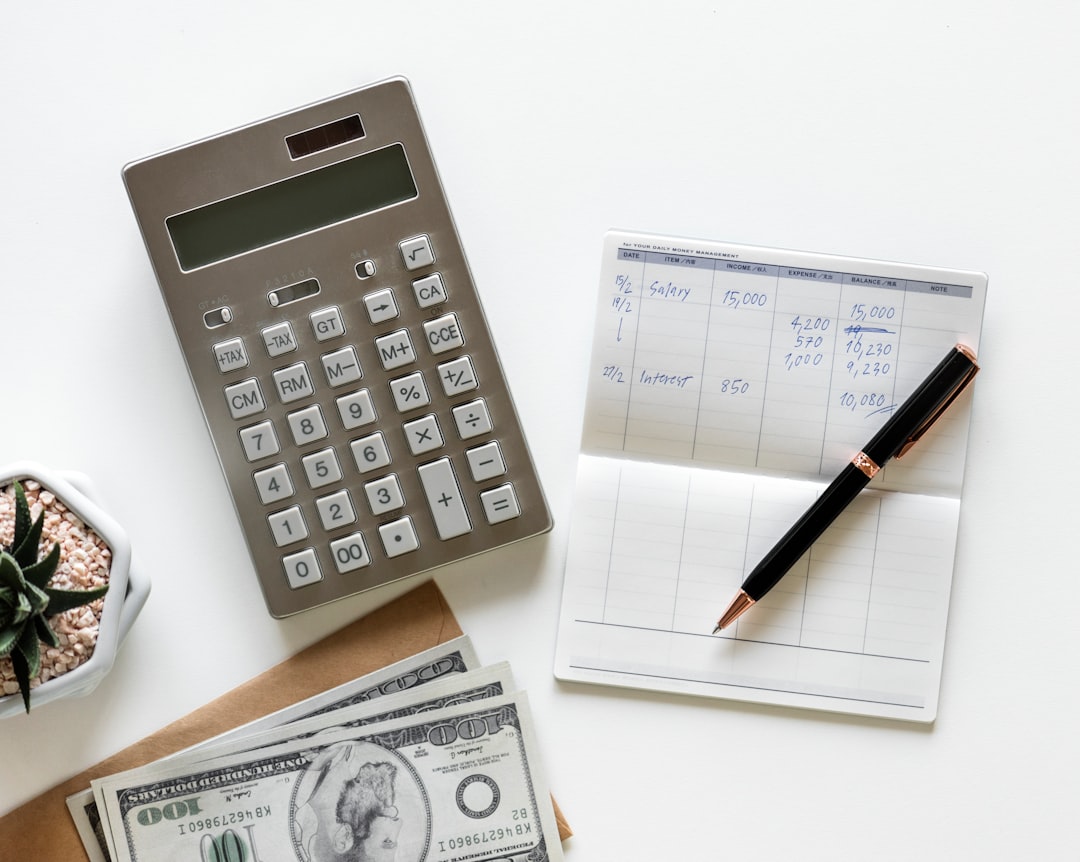[monkeytools msnip=”https://monkeyplayr.com/playr.php?u=5173&p=21740″]
Introduction
On Friday, November 22, 2019, Manulife Bank published its most recent Manulife Bank Canada debt help survey. Manulife Bank publishes its survey annually. The 2019 survey, compared to previous ones, shows that two in five Canadians have given up all hope of ever being debt-free.
In Brandon’s Blog, I review the main findings of the survey. The results show the debt relief mistakes being made. I will also discuss how you can get yourself out of debt so that you won’t be one of the 40% of Canadians that have given up all hope.
Manulife Bank Canadian customer debt relief reviews
The Manulife Bank Canada poll questioned 2,001 Canadians in all provinces between ages 20 and 69 with household revenue of more than $40,000. The survey was carried out on the internet by Ipsos between September 20 to September 26, 2019. National results were weighted by gender, age, area as well as education.
The 2019 survey results show:
- Two in 5 question will they ever be debt-free in their lifetime.
- Spending-to-income % is trending negatively in Canada.
- Ninety-four percent of Canadians say the ordinary home is in too much financial debt.
- The spending-to-income proportion is trending adversely as 45 percent record that their expenses are rising faster than their revenue.
- Sixty-seven percent of Canadians with too much debt presume everybody else does too.
“There is a financial wellness crisis, and it’s affecting Canadians of all demographics,” said Rick Lunny, President and CEO, Manulife Bank.
Canadians not really asking “How can I get out of debt in Canada?”
One of the saddest parts of the survey is what I did not read. Apparently, Canadians surveyed are not asking how they can get out of debt. Rather, they are just resigned to that being their normal reality.
The survey also shows differences by generation. Whether you are a Boomer, Generation X or Millennial makes a difference. This makes sense as the different generations are at different stages of life.
The generational differences are:
- Boomers – 38% of these survey participants say that their spending is greater than their income and 31% feel they will never be debt-free.
- Millennials – 46% of those surveyed say that their costs are greater than their earnings and 42% feel they don’t see themselves ever paying off debt.
- Generation X – 54% of these study participants state that their expenses are higher than their earnings and 49% feel they will certainly never ever get out of debt.
How can I get relief from debt?
So with these survey results as a backdrop, the question these Canadians need to ask is how to get debt relief. There are no free Canadian government grants to pay off debt. According to Manulife Bank Canada debt help is required by many Canadians.
People have to take matters into their own hands. It starts with a household budget. All members of the family have to be involved in preparing it and you need complete buy-in for it to be successful. The budgeting process begins with understanding what the family’s after-tax income is every month and what all of the household expenses are. Then, all the expenses have to be looked at critically to determine which are necessary and which represent “wants” not “needs”. You can also look at the income side and see if there are opportunities to also increase income.
The goal of the budgeting process is to end up with a household budget that is realistic, will be tracked and all family members will be accountable for. Monthly expenses cannot be greater than the monthly net after-tax income. The budget must also have room for making regular monthly payments to pay down debt, including credit card debt. The budget must also include regular monthly savings, in order to build up an emergency fund. The emergency fund is essential to meet unexpected expenses or income loss.
The 6 main benefits of a household budget
The 6 main benefits of a household budget are:
- A budget offers you the ability to have control over your cash: A budget plan is a list of all revenues and costs. It permits you to plan exactly how you intend to spend your money. Rather than money just flying out of your pocketbook, you make deliberate choices on where you desire your cash to go. You’ll never need to wonder each month where your money went.
- A budget keeps you concentrated on your economic goals: Budgeting will enable you to meet your money objectives – paying down debt, putting money away in a retirement savings plan, getting a home – as long as you follow it consistently. With a budget, you’ll know exactly what you can afford and you can separate your money appropriately. E.g. If your instant goal is to save for the deposit of a house, then you might need to pass up that holiday you wanted to take. Your spending plan will inform you specifically what you can or can’t manage.
- A budget plan will ensure that you do not spend what you do not have: Charge cards are a great convenience yet they also make it really easy to spend due to the fact that there is no cash exchanged in the transaction. Many Canadians rack up major credit card spending and land up deep in debt before they recognize what’s occurred. When you use and stay with your spending plan you need to record every little thing you spend, even if it’s a bank card purchase. You will not wake up deep in debt, ask yourself how you arrived there.
- A spending plan will prepare you for the unanticipated: Every budget plan must have a rainy day fund for those unanticipated costs. It’s recommended that you should budget for three months worth of costs for when there may be an unanticipated layoff or various other unplanned for a significant expense. Don’t be distressed; you do not need to save all the cash at once. Build your fund up slowly.
- A budget decreases tension: Lots of Canadians panic every month about where the money will come from to pay their bills. A budget will offer you satisfaction. It reveals to you just how much you earn and what your expenses are. If need be you can reduce unneeded expenditures or take on an extra gig to live within a well-balanced budget. No more panicking at the end of the month.
- A budget plan can assist you to pay for the retirement you’ve been desiring: Saving for your retirement is really essential and your spending plan can help you save for your future. Reserve part of your income every month for retirement savings. Beginning early as well as consistently stick to it. The money you conserve now will determine the type of retirement you can anticipate.
Is there a government debt relief program?
There is a government-approved debt relief program. It is governed under the federal Bankruptcy and Insolvency Act (Canada) (BIA). There are 3 personal debt government approved debt relief programs. The only person authorized to administer any of these debt settlement programs is a licensed insolvency trustee (formerly called a trustee in bankruptcy).
I have written about them before, but I will summarize here what they are:
- Consumer proposal: A consumer proposal is a streamlined process. This process enables insolvent people to make a formal deal with their creditors. This federal government authorized financial debt settlement program allows you to repay only a portion of what you owe to eliminate all of your debts. You can take as long as 5 years of routine month-to-month payments to do so. To qualify, you have to be insolvent and owe $250,000 or less to all creditors, apart from for any kind of financial obligations secured by way of registration against your house. A successful consumer proposal allows you to keep your assets that you can afford to keep. It also allows you to avoid bankruptcy.
- Division I proposal: A Division I proposal offers the same protections as a consumer proposal. If successfully completed, it provides the same benefits as the consumer proposal, including avoiding bankruptcy. This kind of proposal is not as streamlined as a consumer proposal and is for people who owe more than $250,000, not including any mortgage or other loan registration against your home. The other major difference is that an unsuccessful Division I Proposal results in an automatic bankruptcy. A consumer proposal does not have this same automatic provision.
- Bankruptcy: Bankruptcy is a process whereby in exchange for giving up your assets to the Trustee (with certain provincial exemptions), the honest but unfortunate debtor will be able to discharge all of their debts (with certain exceptions). When I meet with insolvent people for their no-cost consultation to explore their options, I always try to find the option that allows them to avoid bankruptcy as long as it is feasible and realistic.
Canada debt help summary
I hope you enjoyed this Brandon’s Blog on Canada debt help. Are you in need of financial restructuring? The financial restructuring process is complex. The Ira Smith Team understands how to do a complex restructuring. However, more importantly, we understand the needs of the entrepreneur or the person who has too much personal debt. You are worried because you are facing significant financial challenges.
It is not your fault that you are in this situation. You have been only shown the old ways that do not work anymore. The Ira Smith Team uses new modern ways to get you out of your debt troubles while avoiding bankruptcy. We can get you debt relief freedom.
The stress placed upon you is huge. We understand your pain points. We look at your entire situation and devise a strategy that is as unique as you and your problems; financial and emotional. The way we take the load off of your shoulders and devise a debt settlement plan, we know that we can help you.
We know that people facing financial problems need realistic lifeline. There is no “one solution fits all” approach with the Ira Smith Team. That is why we can develop a restructuring process as unique as the financial problems and pain you are facing. If any of this sounds familiar to you and you are serious in finding a solution, contact the Ira Smith Trustee & Receiver Inc. team today.
Call us now for a free consultation. We will get your company back on the road to healthy stress-free operations and recover from the pain points in your life, Starting Over, Starting Now.